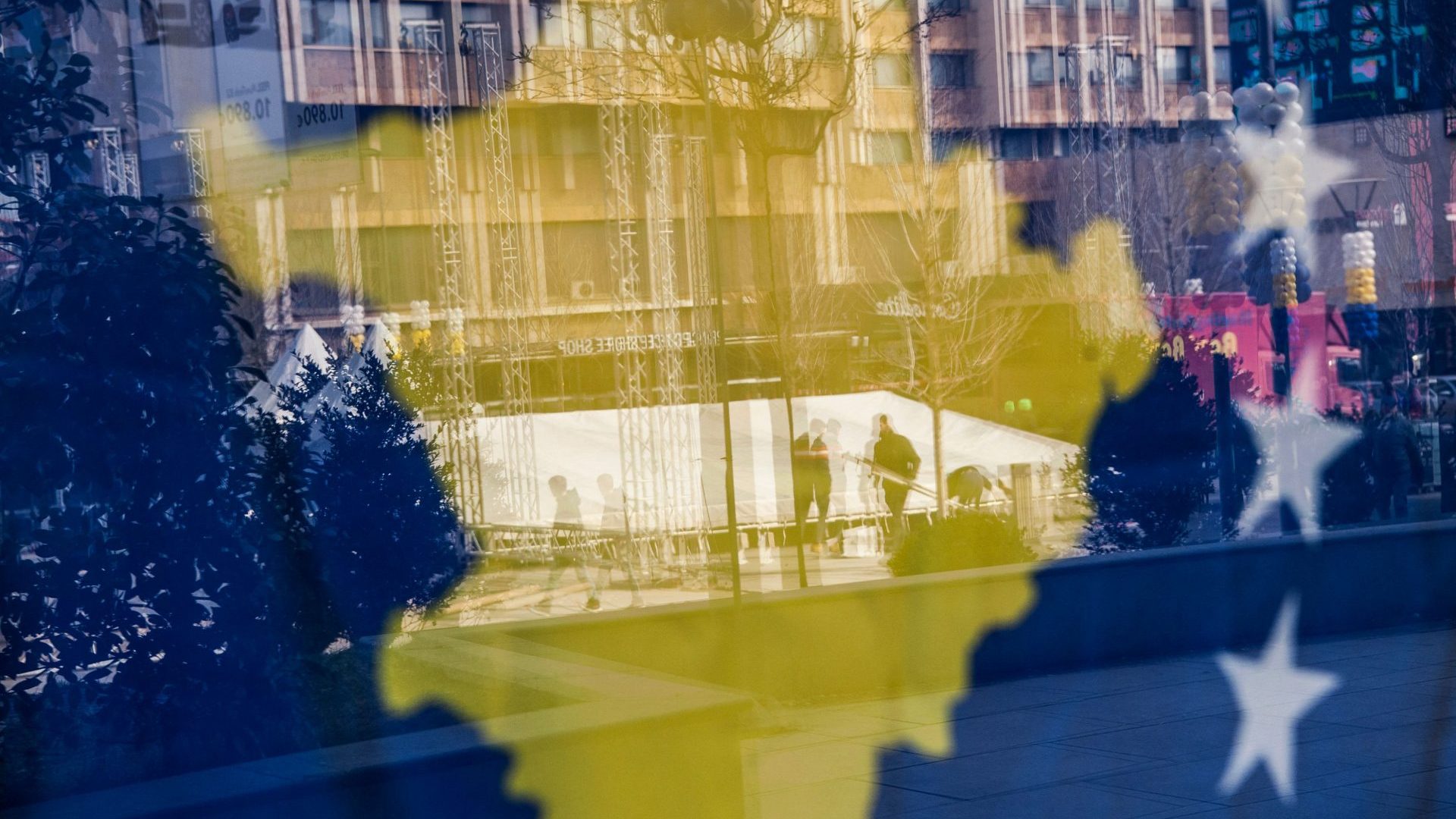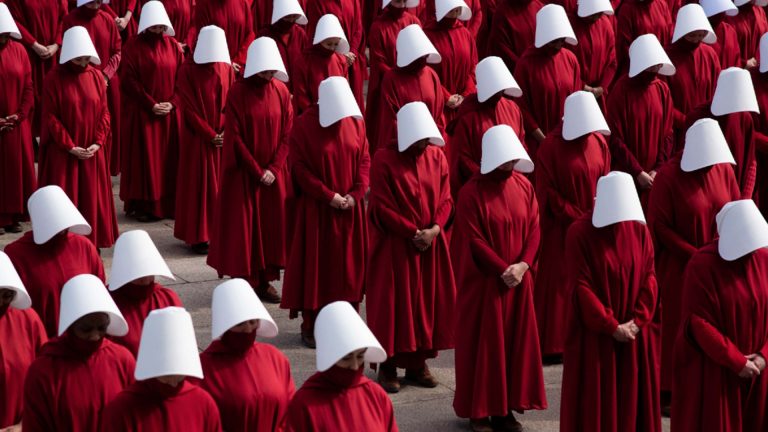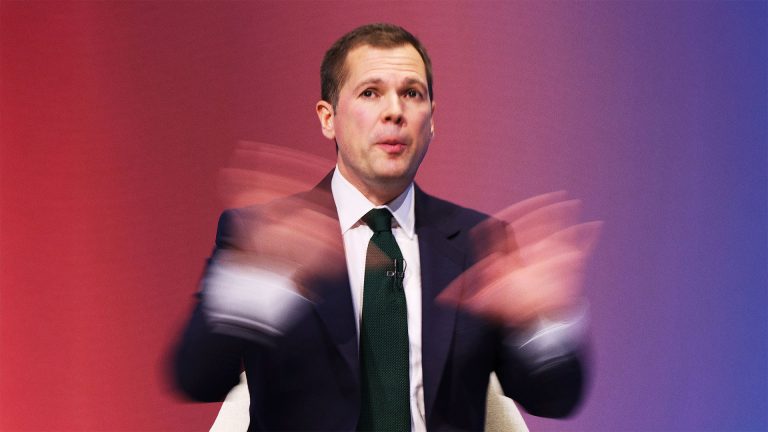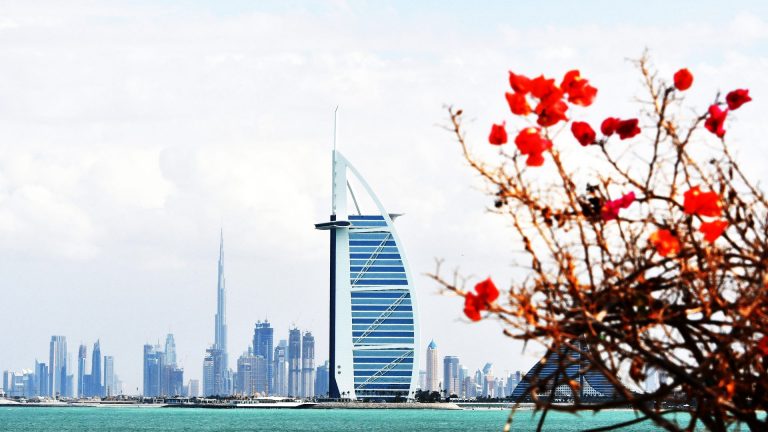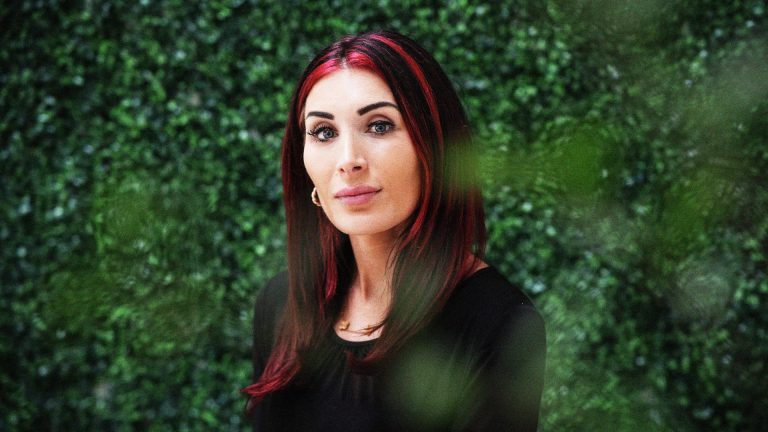Kosovo will hold a general election on February 9th. For more than a decade after independence in 2008, the largest party in government was one of the two big rivals, the Democratic Party of Kosovo (PDK) or the Democratic League of Kosovo (LDK). A smaller party, the Alliance for the Future of Kosovo (AAK) was often a coalition partner in government.
Over the last ten years, a new left of centre party has gained in popularity and power, Lëvizja Vetëvendosje (LVV) “The Movement for Self-Determination”. LVV is an observer in the Party of European Socialists (PES), the European grouping of left and centre-left parties which includes Labour. It first contested the parliamentary elections in 2010, gaining 12% of the vote and 16 seats.
By 2019 it was closing in on 30% of the vote and had become the largest party, entering a coalition government with the LDK. This coalition was brought down after the LDK withdrew its support and a new election was called in February 2021.
At that election, LVV gained fifty per cent of the vote, which under the proportional system, gave it a majority in parliament and the ability to govern alone, without coalition partners. The new parliament elected the leader of LVV, Albin Kurti, as prime minister, and Vjosa Osmani as the country’s president and both have remained in post for the four years since, the first time this has happened in Kosovo’s short history.
One crucial aspect of the forthcoming election will be the female vote. Last time round the LVV won 61% of women voters. If they can do that again, they might just hold on to outright power.
And then there is the question of the European Union. A recent poll suggested that should a vote be held, 89% would vote yes. And yet, the EU is not united on Kosovo, or on enlargement as a whole. Five of the 27 EU member states, Spain, Cyprus, Greece, Romania and Slovakia, have not yet recognised Kosovo as an independent state, though the other 22 (and the UK) have done so.
The six Western Balkan countries that could in future join the EU are Kosovo, Serbia, North Macedonia, Albania, Montenegro and Bosnia and Herzegovina, and between them that have a population of 16 million. Together they form a region surrounded on all sides by EU states; Croatia to the east, Hungary, Romania, and Bulgaria to the north and west, Greece to the south and, across the Adriatic Sea, Italy. There would be no new external EU borders were these six countries to join the EU together.
A thirty-day official campaign for the election begins on January 9th, and ends one day before polling day, and the current polls show the LVV on 48%, meaning it might have to take a coalition partner into government. But then in a recent poll, the prime minister, Albin Kurti, scored 52% on satisfaction with his record – the question is whether he can translate that personal popularity into votes for his party.
Jeta Xharra is a journalist and TV presenter who, for nearly twenty years, has hosted Kosovo’s most watched political and current affairs programme “Life in Kosovo”. She pointed out that 69% of Kosovans think Vjosa Osmani is doing a good job as president (Blair has similar ratings just after the landslide of 1997.)
“She didn’t have to do any reforms,” said Jeta. “She didn’t have to get messy in domestic politics. Vjosa is an articulate woman who speaks perfect English.”
“But you have to be just normal to score those ratings,” said Jeta. “I mean really uncorrupt, unbending, dignified, and really very active.”
“She goes to international conferences, shakes hands, meets everybody, gets to meet everybody. People who have had no time for Kosovo in the past have spoken to her. So that’s why people see her as doing her symbolic job very, very well”
The president is elected by the parliament but she will not back any particular party, even though they all want to be seen as close to the president in the hope some of her popularity might rub off. The prime minister and his party have an advantage here as “Albin and Vjosa” are generally seen as having a good partnership. There have been few major public disagreements or controversies.
Even though, as Jeta explains, “there’s no print paper whatsoever in Kosovo,” the country still has “quite a vibrant media, to the point that we can hardly say that it is controlled. The state broadcaster is government funded, RTK (Radio Television Kosova), and there’s very vibrant privately owned media.”
“In popular culture in Kosovo, people don’t watch soap operas, don’t watch talent shows or music shows very much. The main event in prime time is TV channels, all having political talk shows in the evening, not necessarily with politicians, but pundits who are left, right, centre.”
“They fight it out with each other and a bit of an artificial conflict is created for the sake of drama and for the sake of making the TV, because it’s cheap TV.”
On the subject of women voters, Jeta points out that “we have schools which only run for three hours a day,” adding that “more women have degrees and masters degrees than men in Kosovo, but women of working age have a three times higher unemployment rate than men”.
In addition, those women are “bearing the cost of taking care either of the young or the elderly, because we have no elderly homes in Kosovo, no kindergartens.”
“They were promised an all-day schooling system. It has not happened and if reform ever happens it means women can work until 4pm without sacrificing their careers.
“We are emancipating. We have more women in parliament than ever before. They overreached the quota of 40% in the parliament. At the last election, the quota wasn’t needed. It didn’t need to be enforced for any party, they all exceeded it.”
“I believe that the solution to that is more state provided care for children, longer hours of schooling, more state provided care for the elderly.”
I asked if there’s a paradox here. Conservative family attitudes towards women persist in Kosovo, and yet 86% of women feel safe walking on the street on their own in the evening. There’s a woman president and parliament is more than 40% female. How can those things all be true at the same time?
“It’s not contradictory because we want to appear European, how people dress, how people act, women’s place in society. We are culturally very sceptical of hijabs, of covering hair.”
“But I think it’s got to do with patriarchy beyond religion and politics. Men don’t want to give away economic power, cultural power. They want the woman to look European, but they don’t want them to have a European bank account.”
If prime minister Kurti cannot keep hold of the voters he won over last time, and if he does not win an outright majority, coalition negotiations will begin the day after the election. But if he can, then LVV could continue to govern alone, put into government by the votes of Kosovo’s women.

